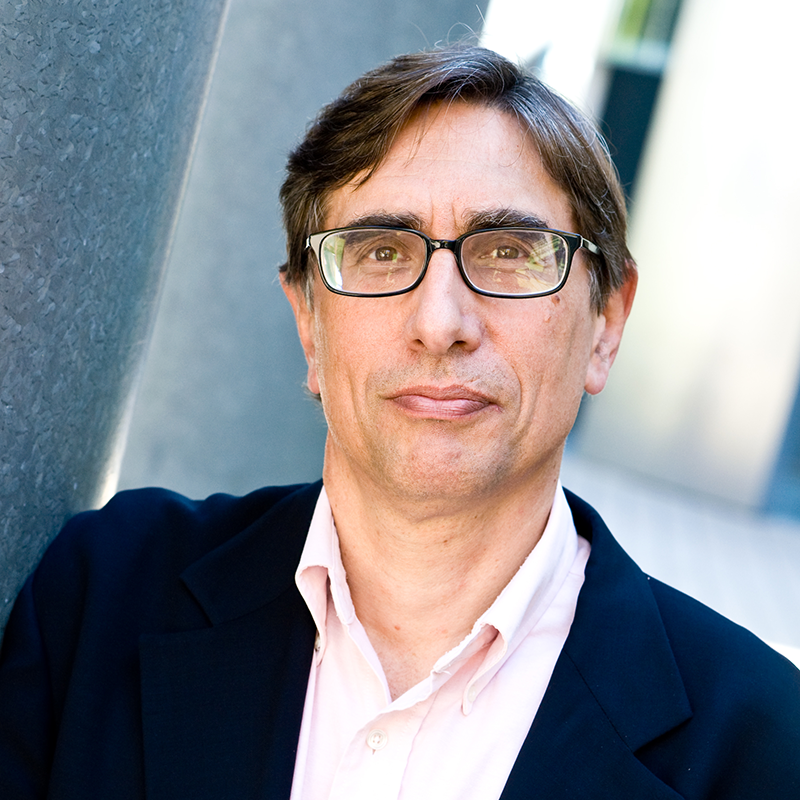Prof's New Book Looks to Relational Justice for Hope After Violence

Violence is a transformative experience that destroys the very fabric of our being, said Professor Samuel H. Pillsbury during a recent talk about his new book, “Imagining a Greater Justice: Criminal Violence, Punishment, and Relational Justice.” But healing is possible, he emphasized.
“If there is a single word here to remember it is belonging. We all need to belong,” said Pillsbury, Frederick J. Lower Fellow, at the event held on Loyola's downtown L.A. campus on Thursday, April. 25. “And what violence does, is takes people out of whatever belonging they may have had and what we need to do for justice is try to restore states of belonging.”
Pillsbury has spent the better part of his academic career studying justice in its many forms. His most recent tome focuses on relational justice, “which pays close attention to the relational harm suffered by victims.” His previous books include “Judging Evil: Rethinking the Law of Murder and Manslaughter” and “How Criminal Works: A Conceptual and Practical Guide.”
A former journalist turned assistant U.S. attorney turned criminal law scholar and professor, Pillsbury has viewed the criminal justice system with several lenses. He has focused on addressing “injustices of the Los Angeles County juvenile court system, injustices rooted in inadequate funding, racial discrimination, a failing social welfare system and a culture of over-incarceration.”
That view informed his time as a board member of Loyola’s Center for Juvenile Law & Policy. “Sam was the driving force behind persuading our dean and the rest of the faculty to support the center, which is an incredibly difficult endeavor for an educational institution to do,” said Professor Sean Kennedy ’89, Kaplan & Feldman Executive Director of the CJLP. “Sam is incredibly persuasive and charismatic in his advocacy on behalf of the people caught up in the system, especially kids.”
Hope was a constant presence in Pillsbury’s talk, during which he examined what people can do to examine their own feelings of blame and punishment. That’s no surprise, given how he opens his new text: “This is a book about how we imagine justice. What we cannot imagine, we certainly cannot achieve."